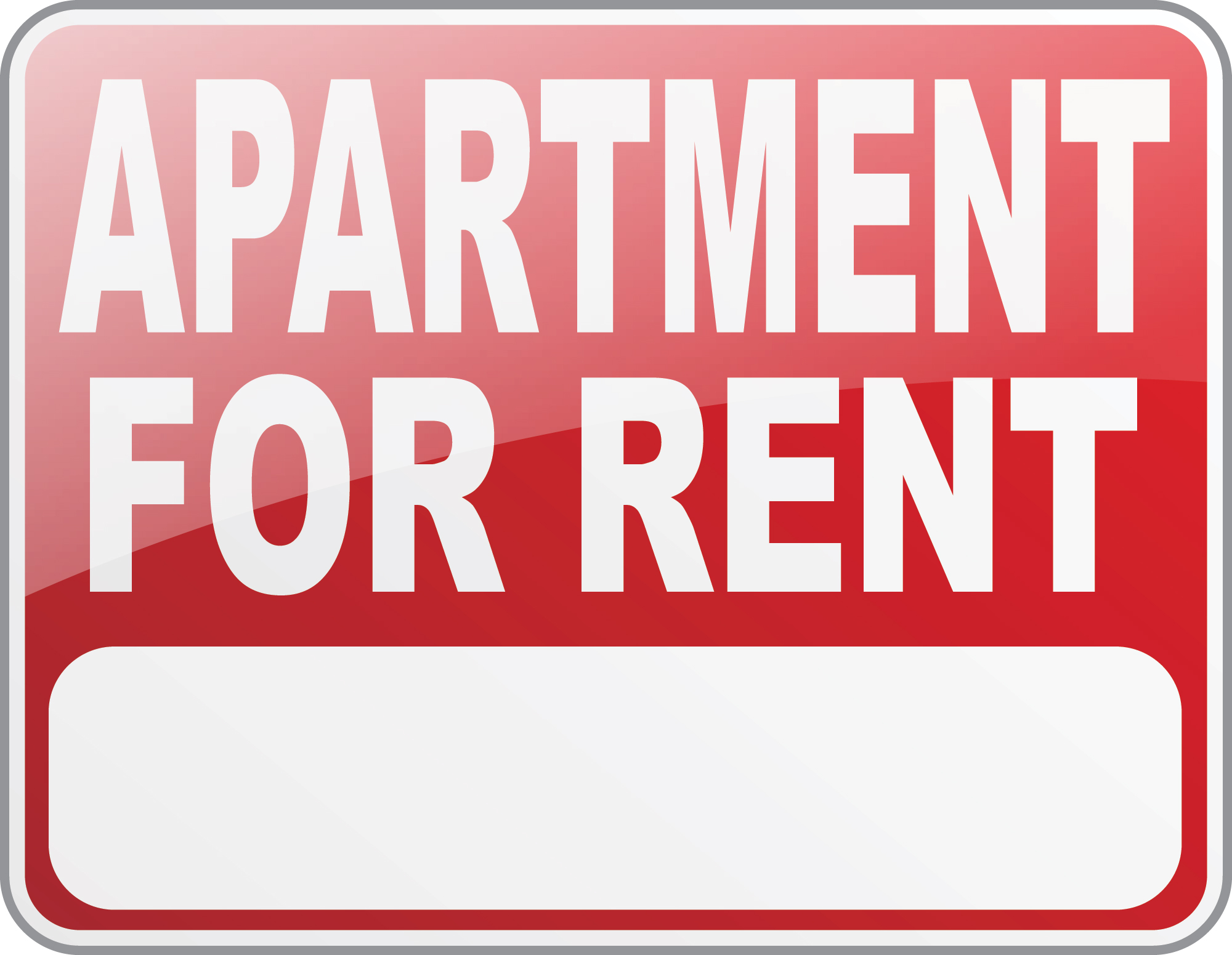MaineHousing’s new eviction prevention program is taking applications starting today in an effort to reduce the risk of eviction for households facing high rents.
The program has $18 million in funding from the State of Maine and offers participants assistance for back rent and monthly rent subsidies for a year.
To be eligible, renters must be at risk of eviction and have a household income below 60% of the median income.
Households also cannot be already using a federal housing voucher to pay for rent or be living in a subsidized unit.
More details of income and rent requirements are here.
The program will be administered by the Quality Housing Coalition (QHC) under a contract with MaineHousing. QHC was selected in a competitive process that included six different proposals from organizations both inside and outside of Maine.
“We are pleased to launch this pilot program and are excited to see it work to help those who are facing housing instability, so they will be less likely to face eviction again in the future,” said MaineHousing Director Dan Brennan. “We have the right partners in place to deliver a quality program that will help Mainers in need stay housed this winter, avoid eviction, and improve their economic condition.”
Oonline software developer HOTB has also been awarded a contract to create and manage the online portal and application processing for those who are working through QHC to apply for help through the program.
“We are thrilled to partner with MaineHousing and HOTB, and our legal service and community partners in all 16 counties, on this first-in-the-nation initiative to prevent evictions and stabilize the housing of hundreds of children, older adults, and our workforce who are at risk of losing everything,” said QHC Executive Director Victoria Morales.
The eviction prevention program is a pilot program intended to help prevent evictions for vulnerable Maine households. It’s also hoped the program will bring insight, ideas and information on how rental aid can be effectively and efficiently delivered to people who are struggling with historically high rental prices in an extremely difficult housing market.






